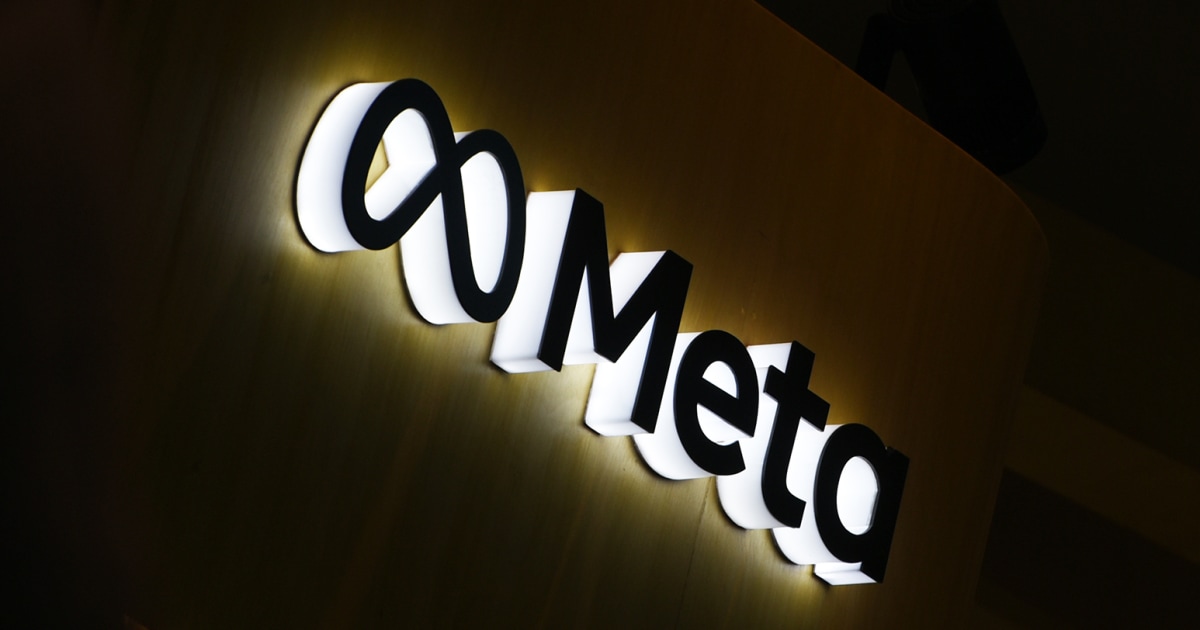In recent months, the digital landscape has shifted dramatically, particularly for marginalized communities. As Meta, the parent company of Facebook and Instagram, implements controversial pro-Trump policies, LGBTQ creators are left grappling with the potential impacts on their visibility and platform safety. This article delves into the ramifications of these changes, raising critical questions about inclusivity and the future of digital expression in an increasingly polarized environment.
The Shift in Meta’s Policies
Meta’s transition toward pro-Trump policies has sparked intense debate across social media platforms. The changes come amid a backdrop of rising political tensions and public scrutiny over how digital platforms manage content related to misinformation, hate speech, and political bias. While Meta has publicly stated that it aims to foster free expression and open dialogue, many see this as a veiled endorsement of divisive narratives, particularly around LGBTQ issues.
For LGBTQ creators, this shift is not just a matter of policy; it’s a matter of survival. Many creators have built their careers on platforms like Instagram and Facebook, using them as avenues to share their art, activism, and personal stories. However, with the recent changes, there are increasing fears about losing visibility and facing harassment.
Impact on Visibility and Community Engagement
One of the primary concerns among LGBTQ creators is the potential decline in visibility. Historically, social media has been a powerful tool for marginalized voices to reach broader audiences, advocate for change, and build supportive communities. With the rise of pro-Trump sentiments, creators are worried that algorithmic changes may favor content that aligns with these views, sidelining LGBTQ-centric content.
- Algorithm Changes: As Meta adjusts its algorithms, there’s a risk that LGBTQ content may be deprioritized in favor of more mainstream or conservative narratives.
- Harassment Risks: The normalization of pro-Trump rhetoric may embolden trolls and hate groups to target LGBTQ creators, leading to increased online harassment.
- Community Fragmentation: The LGBTQ community thrives on solidarity and support; any reduction in visibility could fracture these essential networks.
Safety Concerns and Mental Health Implications
The safety of LGBTQ creators on Meta’s platforms is another pressing issue. Many creators have shared their experiences of being targeted for their identities or expressions. As pro-Trump policies take hold, the fear of backlash grows. The implications for mental health are profound; creators often experience anxiety and stress about their online presence, knowing that their visibility can attract both support and hostility.
Several studies highlight the mental health challenges faced by LGBTQ individuals in digital spaces. For instance, a recent survey indicated that 60% of LGBTQ youth have experienced harassment online, leading to feelings of isolation and depression. This statistic underscores the urgent need for platforms to prioritize safety and inclusivity.
Calls for Action and Advocacy
In light of these challenges, many LGBTQ creators are calling for action from Meta. They demand transparency in policy changes and the implementation of robust safety measures. Some of the key demands include:
- Stronger Content Moderation: Creators are advocating for increased accountability in how hate speech and targeted harassment are managed on the platform.
- Algorithm Transparency: Calls for Meta to disclose how its algorithms prioritize content, ensuring that LGBTQ voices are not silenced.
- Supportive Resources: The need for mental health resources and support systems specifically tailored for LGBTQ creators is becoming more apparent.
The Role of Alternative Platforms
As Meta’s policies raise concerns, many LGBTQ creators are exploring alternative platforms for their work. Platforms like TikTok, Twitter, and smaller niche sites have emerged as potential safe havens for expression. Each of these platforms has its own culture and audience, which can be both a blessing and a curse.
- Expanded Reach: TikTok, for instance, has become a hotspot for LGBTQ creators, allowing them to reach younger audiences with engaging content.
- Community Building: Smaller platforms often foster tighter-knit communities, where creators can feel safer and more supported.
- Risk of Fragmentation: However, the shift to alternative platforms can lead to fragmentation, making it harder for creators to maintain their audience.
Looking Ahead: Resilience and Adaptability
Despite the challenges posed by Meta’s shift to pro-Trump policies, LGBTQ creators continue to exhibit remarkable resilience. Many are adapting their strategies to navigate the uncertain waters of digital expression. This adaptability is crucial for survival in a landscape that is constantly evolving.
Creators are increasingly utilizing cross-platform strategies, engaging with their audiences on multiple platforms to mitigate risks. They are also leveraging their unique narratives and experiences to cultivate strong personal brands, which can withstand the pressures of algorithm changes.
Moreover, the LGBTQ community has always been resilient in the face of adversity. This spirit of resilience is evident in the many creators who are committed to advocating for their rights and visibility, regardless of the challenges they face.
Conclusion: A Call for Inclusivity
The shift in Meta’s policies has undoubtedly left LGBTQ creators navigating uncertain waters. However, it also presents an opportunity for advocacy and change. As creators come together to demand inclusivity and safety, they are not only fighting for their rights but also for the rights of future generations.
As we move forward, it is essential for platforms like Meta to recognize the power of diverse voices and the importance of creating a safe and inclusive environment for all users. The future of digital expression should be one where everyone is free to share their stories, advocate for their communities, and express their identities without fear of marginalization.
In this ever-changing landscape, the commitment to inclusivity and safety will be the guiding light for LGBTQ creators as they continue to navigate the complexities of digital expression amid political polarization. Together, they can chart a course toward a more equitable and supportive online world.
See more Future Tech Daily

